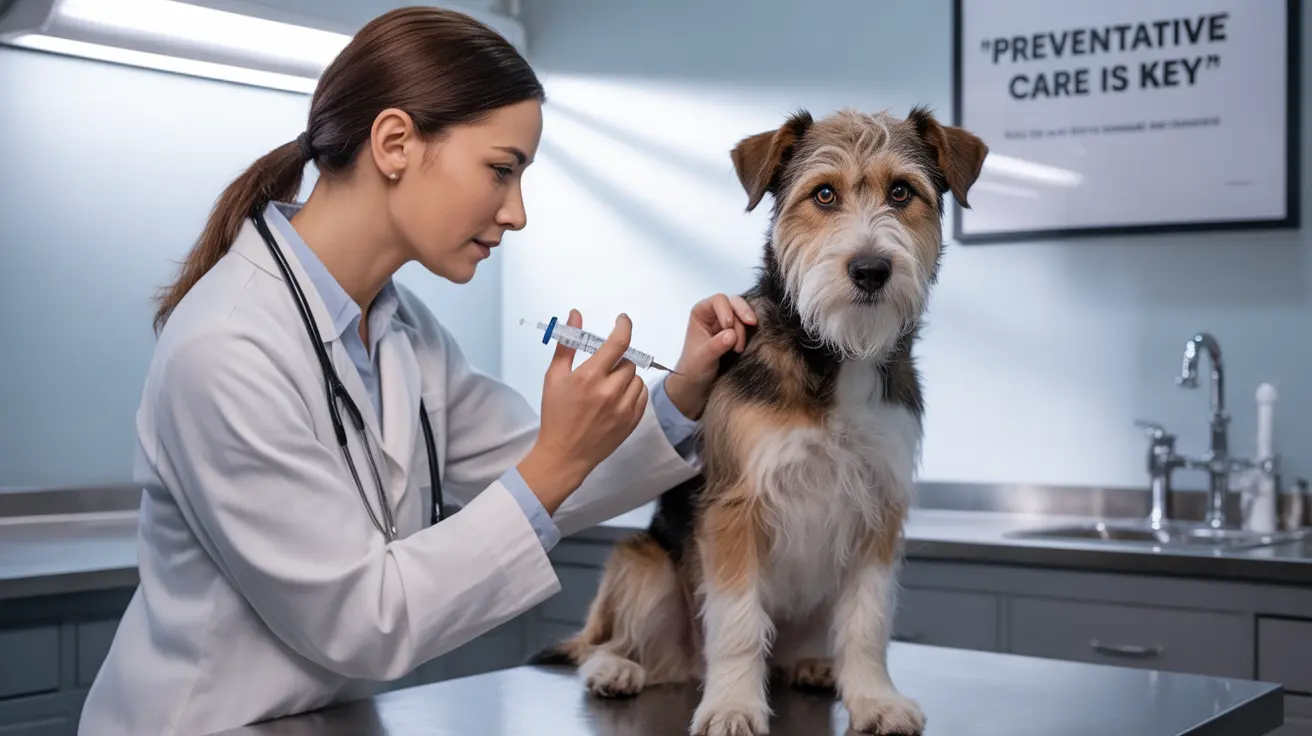Understanding Rabies in Wildlife SC
Wild animals remain the primary carriers of rabies in South Carolina's ecosystem. The state's wildlife population, particularly raccoons, skunks, foxes, and bats, can harbor and transmit the virus to domestic animals and humans. This latest report emphasizes the importance of maintaining a safe distance from wildlife, especially animals exhibiting unusual behavior.
Signs of Rabies in Animals
Recognizing potential rabies symptoms is crucial for public safety. Key indicators include:
- Unusual aggressive or tame behavior
- Erratic movements
- Disorientation
- Excessive drooling
- Paralysis, especially in later stages
Rabies Prevention for Pets
Prevention remains the most effective strategy against rabies exposure. South Carolina law requires regular rabies vaccinations for domestic pets, including:
- Dogs
- Cats
- Ferrets
Rabies Vaccination Requirements
Pet owners must ensure their animals receive vaccinations according to state guidelines. This includes:
- Initial vaccination at appropriate age
- Regular boosters as recommended by veterinarians
- Maintaining current vaccination records
- Following local registration requirements
Post-Exposure Protocols
If exposure occurs, immediate action is crucial. The South Carolina Rabies Control Act mandates specific quarantine procedures for exposed animals. Pet owners should:
- Isolate the exposed animal
- Contact their veterinarian immediately
- Report the incident to local health authorities
- Follow prescribed quarantine protocols
Frequently Asked Questions
How can I protect my pets from rabies exposure in South Carolina?
Keeping pets vaccinated according to state requirements and avoiding contact with wild or stray animals are key ways to protect pets from rabies.
What should I do if my pet or livestock is exposed to a rabid animal?
Exposed animals must be quarantined as mandated by the South Carolina Rabies Control Act, and you should contact your veterinarian and local health authorities immediately.
Which wild animals commonly carry rabies in South Carolina?
The primary rabies carriers in South Carolina are raccoons, skunks, foxes, and bats.
Taking Action
These recent cases remind us that rabies remains a serious public health concern in South Carolina. Pet owners play a vital role in preventing the spread of this deadly virus by maintaining current vaccinations and following proper safety protocols when encountering wildlife.
Remember to stay informed about rabies cases in your area and maintain open communication with your veterinarian about prevention strategies. By working together, we can help protect our pets and communities from the threat of rabies exposure.






